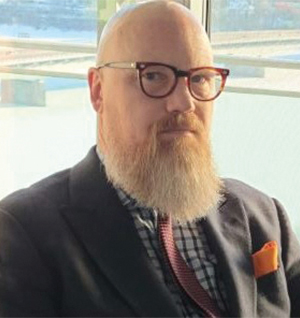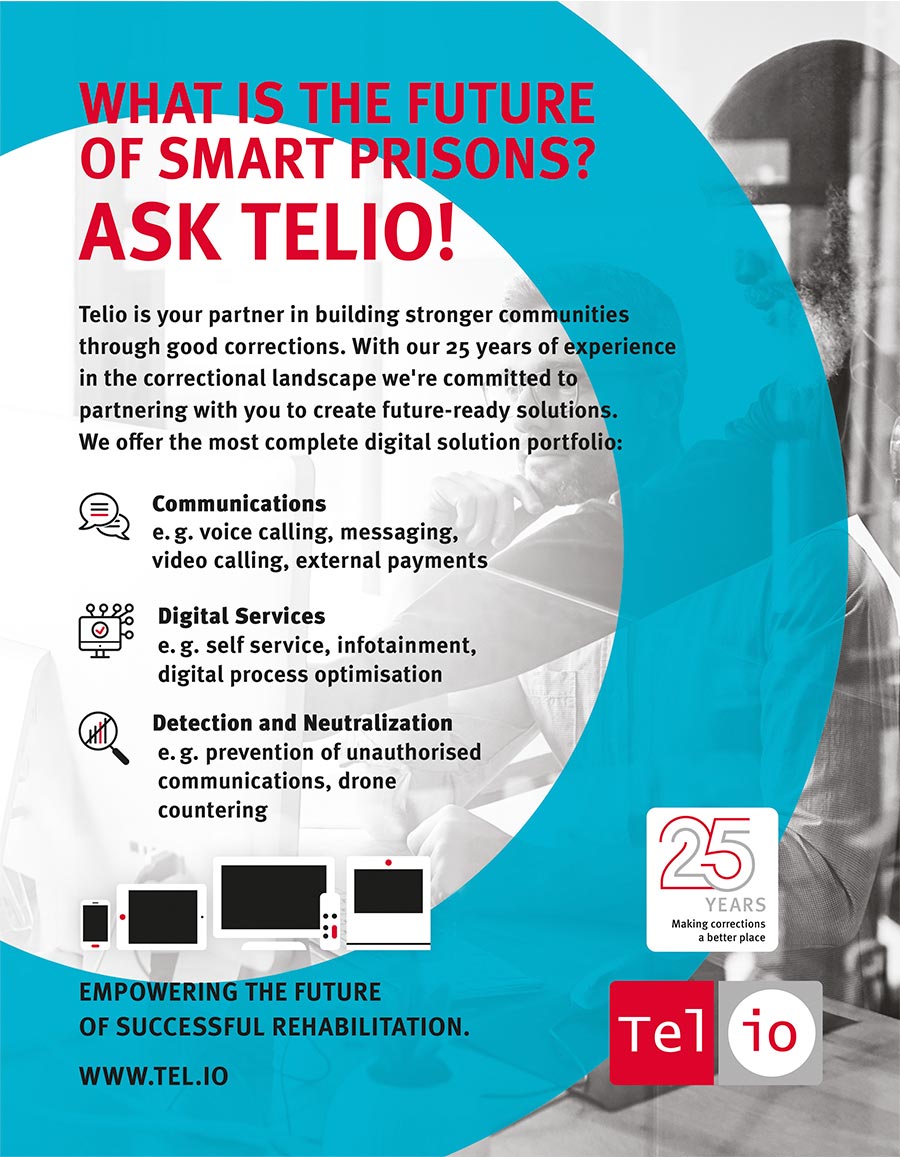Article
Simon Bonk
Every incarcerated individual is a human being entitled to respect and dignity, irrespective of their personal history or past actions. This underscores the importance of a fundamental re-evaluation. We must reconsider our approach, not merely by treating inmates as humans, but by recognising our services as something they inherently deserve.
The belief in this commitment is a shared one, transcending any specific organisation. The potential for success lies in our ability as a sector to contribute to altruistic outcomes, driven by a genuine desire for better societal results rooted in compassionate and socially responsible service delivery.
A Community-Centric Approach: Beyond Inmate Communication
Imprisonment takes away liberty and can we ensure that they and those close to them will be afforded opportunities for growth and set up for success regardless of gender, social, economic or cultural heritage. As a sector, embracing the concept of social responsibility can help dismantle the cycle of incarceration while simultaneously strengthening our communities.

Cultivating Rehabilitation and Innovation: The Core of Our Mission
This collective effort will lead to higher interoperability, resulting in efficiency and effectiveness gains for all. It will empower correctional officers, particularly in times of staffing shortages, enabling them to focus on higher-value tasks, such as dynamic security, rather than administrative duties.
Furthermore, responsible AI and Machine Learning can guide us toward a more proactive approach to corrections, departing from the reactive posture that characterizes our field today. Exploring the application of natural language processing to identify mental health concerns among both staff and inmates before they escalate and examining how machine learning can predict potential altercations will create a safer and more secure environment for everyone involved. We must collectively drive modernisation within our sector, contributing to a more compassionate and forward-thinking approach.
Equity and Accessibility: Empowering Through Services
Furthermore, we should extend these services to jurisdictions that may not have access otherwise. An excellent example is extending services to underserved regions, such as Telio’s ongoing efforts in Africa. It is essential that individuals, regardless of their location, have the means to connect with their friends and family, access legal counsel, and receive essential support services.
Our commitment should be driven by a deeply ingrained ethical perspective rooted in the Environmental, Social, and Governance (ESG) Framework, recognising the importance of sustainability in all our business dealings.
A Call for Collaboration and Change: Strengthening Our Sector
If our unwavering commitment centres on improving the lives of those within the correctional system, we can all find success in making corrections a more human(e) endeavour. Together, we can make a meaningful difference in the lives of incarcerated individuals and those connected to them – each and every one of us.

Simon Bonk is Chief Research Officer and Director of New Business Development at Telio. He creates and implements strategic approaches in new markets, and builds relationships with jurisdictions, researchers and other stakeholders to advance thought leadership in the correctional space. He is currently a member of the CTA Board and Chair of the ICPA IT Group. Bonk is the former CIO for the Correctional Service of Canada.



